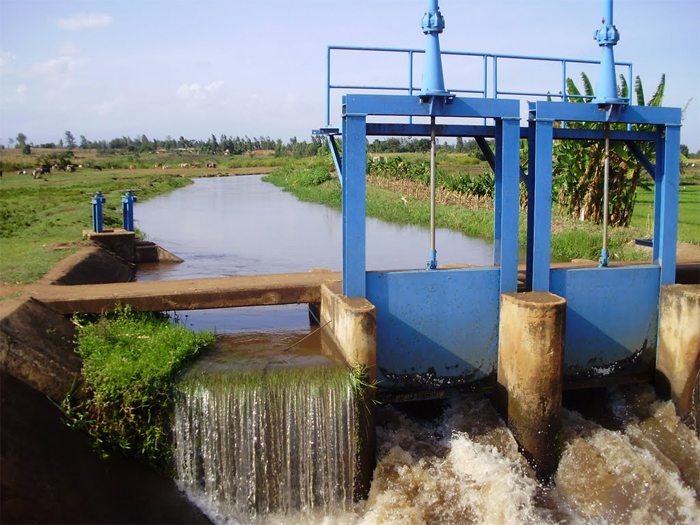Zambia has launched the US $26m Chiansi Irrigation Scheme in Kafue District, 41KM south of Capital Lusaka in a move aimed at boosting agricultural productivity in the region. The project aims to complement Chanyanya Project which was successfully implemented in 2008 at Kafue district.
Chanyanya pooled smallholders land to establish an irrigation infrastructure for a 148ha commercial farm and 126 market gardens hence Chiansi will apply lessons learnt from Chanyanya and irrigate land in the neighboring communities of Chikupi and Demu North and South. According to President Edgar Lungu, the Infrastructure Project is expected to be fully operational by 2020 and will serve approximately 21,000 people.
Also Read:Zambia signs US $47m deal for construction of an agricultural centre
Importance of the project
Additionally, it will create over 100 full-time jobs for local skilled personnel, ease dependence on food aid for about 3,900 people and also educating farmers on better crops to grow for the market. “The project will ensure that farmers have access to irrigation infrastructure despite climate changes which hinder agricultural production,” said president Lungu.
The Minister of Agriculture, Mr. Micheal Zondani added that the government has lined up several projects to promote agriculture in the country and reduce the dependence on rain-fed agriculture which limits farming seasons.
In addition, Netherland ambassador to Zambia, Barbara Hellemond said that the project will go a long way in improving the livelihoods of farmers and also reduce vulnerability in the catchment area. “The project is a product of a public-private partnership which offers better access to capital to finance the high upfront infrastructural assets and also provides the basis for long term economic viability,” she added.
The project is based on Zambia’s Poverty Reduction Strategy Paper (“PRSP”) which aims to reduce poverty among citizens by creating meaningful economic developments, especially through irrigation.
